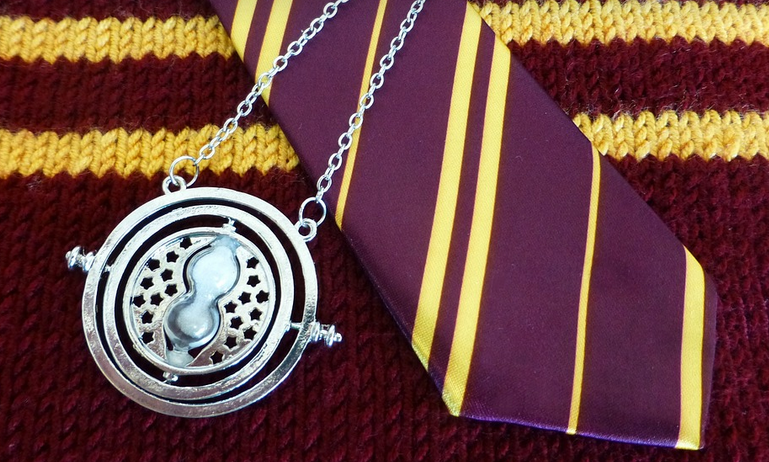
Swinging Tunics and Lively Games
Imagine stepping back into a world where gentlemen donned vibrant, knee-breeches, while ladies sported ruffled gowns and elaborate hairstyles. This was Elizabeth I’s reign, a time of bustling markets, burgeoning trade, and a thriving culture. While we often focus on the grandeur and political intrigue of this era, it offers a fascinating glimpse into the lives of people from all walks of life. And at the heart of it all? Sports and recreation. The Elizabethan Era was a period where physical activity played an integral role in daily life. It wasn’t just about staying fit; it was about social interaction, competition, and pure enjoyment. The very air thrummed with energy, fueled by a spirit of playfulness that transcended the confines of class and status. Take archery, for instance. It was considered a sophisticated sport among both men and women, often practiced in formal settings like fields or courtyards. As we imagine from historical accounts, arrows flew gracefully through the air, their trajectory dictated by skill and finesse. Beyond archery, there were countless other games that captivated people in Elizabethan England. “Tennis,” as it was known then, involved hitting a ball back and forth over a net, a simple yet elegant sport that required precision and strategy. It’s thought that the modern game of tennis has roots in this era, with some early forms even resembling what we see today. As for cricket, this beloved gentleman’s game was another staple. Played on open fields or courtyards, it involved a ball hit by one team to score runs against an opposing side. It required both speed and agility, and the thrill of victory spurred on passionate fans who cheered from the sidelines.
More Than Just Games
But sports in Elizabethan England went beyond mere entertainment. They were deeply intertwined with social structures, reflecting the hierarchical society of the time. The upper classes often associated with hunting, a sport that demanded both physical prowess and a keen understanding of nature. It was an activity reserved for men, who would take to the wild forests or fields, their horses pulling carts laden with game-filled bags, in an effort to satisfy their primal instincts. Gentlemen competed not only for personal satisfaction but also to establish their status and social standing. The thrill of a successful hunt could elevate a man’s reputation beyond just his wealth and influence. Hunting was more than just a sport; it was a symbol of masculinity, power, and control over the natural world.
The Role of Women in Sports
Women’s participation in sports during Elizabeth I’s reign wasn’t as prominent as their male counterparts. Yet, there were instances where women engaged in physical activities for leisure and social interaction. It was common to see women playing games like croquet or tennis, engaging in exercises such as dancing or swimming. We should acknowledge that women of the Elizabethan era often had limited access to education and opportunities compared to their male peers. This restricted their participation in some traditional masculine pursuits. However, they still found ways to exercise and engage in activities that suited their physicality and social preferences.
A Time of Unbridled Fun
Life was a vibrant tapestry of playfulness, with people finding joy in every opportunity. Whether it was archery competition or the lively game of tennis on a sunny afternoon, Elizabeth I’s era witnessed an unparalleled amount of energy, laughter, and camaraderie. The Elizabethan era wasn’t just about politics and power; it was also a time for genuine human connection, where people came together to celebrate life, push their limits, and experience the thrill of competition.
A Legacy that Endures
In the modern world, we might see sports as an escape from daily stress or a path to fitness. But in the Elizabethan era, sport was more than just physical exercise; it was a reflection of society’s values, social structure, and cultural norms. By understanding the nuances of this time period, we gain a deeper appreciation for how sport has evolved throughout history and continue to shape our modern lives.




